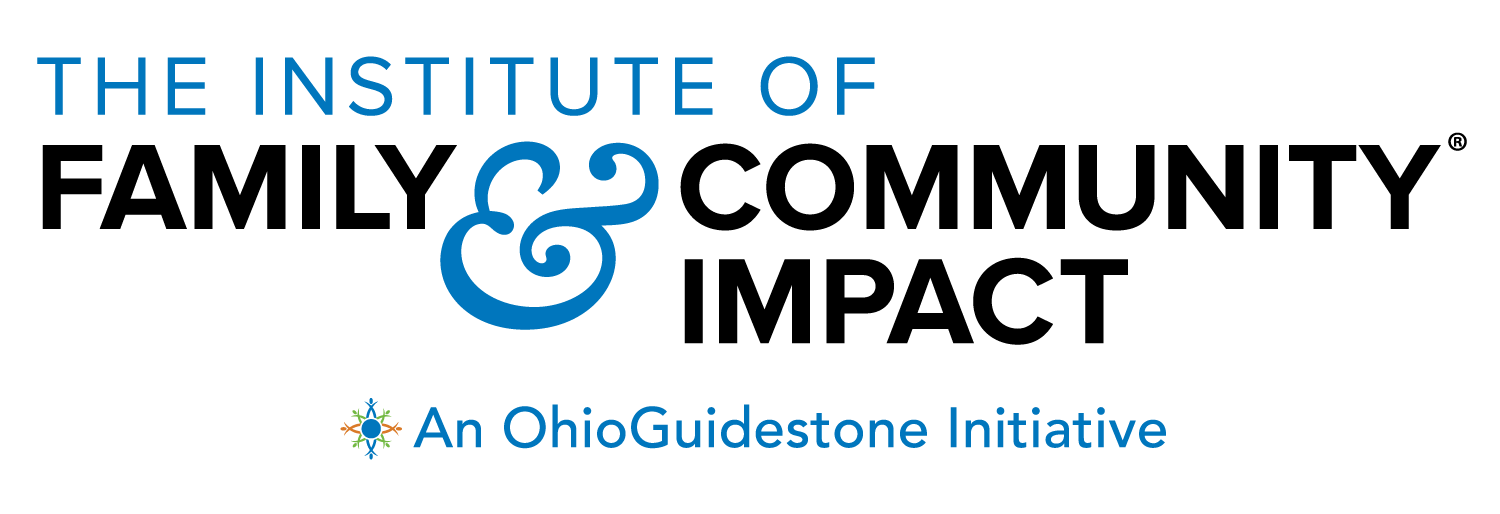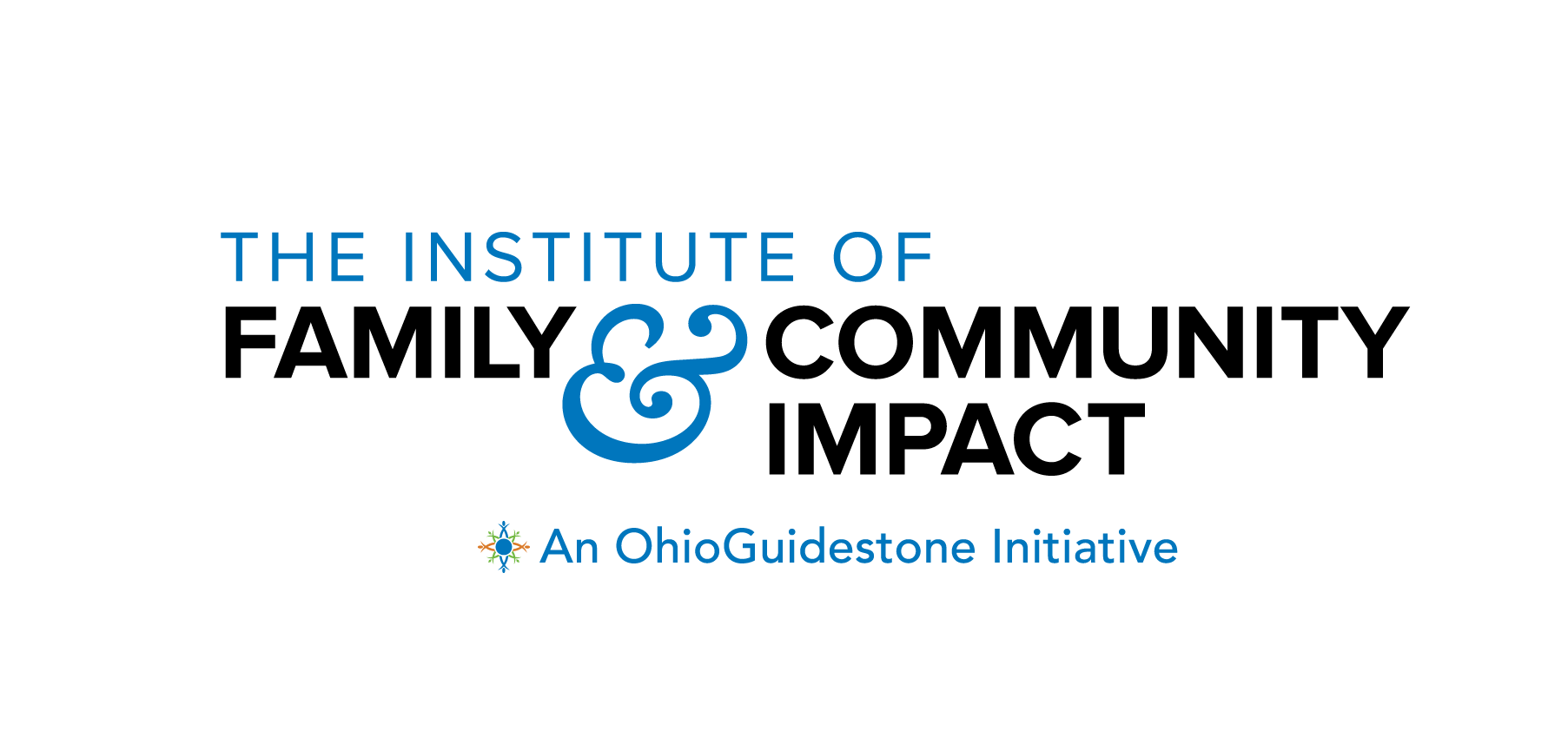
Cultural Humility Promotion through Multicultural Learning- 04/2021 Position Paper
Table of Contents
04/2021 Cultural Humility Position Paper Summary:

Cultural humility — whether seen as the foundation of cultural competence or the garden in which cross-cultural relationships grow — is necessary for all behavioral health providers. It is closely entwined with trauma-informed care and therapeutic alliance, as vital keys to unlocking the best possible patient outcomes.
Thus, healthcare organizations of all stripes should not merely make cultural humility a type of program or component of their training, but infuse it into every aspect of their operations. A desire to learn and an attitude of respect toward all the many intersecting cultures will enhance care and benefit both clinician and client, particularly those in underserved or marginalized communities.
This position paper serves as an introduction to cultural humility and a resource guide for clinical training and supervision. In it, we define and highlight its importance in building therapeutic relationships. Then, we offer resources for cultural competency training and further exploration of innovative clinical frameworks and models.
Read below and visit our Position Papers page to explore the rest of our releases!
Who Should Read This Position Paper?
At the Institute, our Position Papers are accessible and free to anyone looking to learn! However, we encourage the following groups to use this paper and the contents immediately to better improve behavioral healthcare for our communities:
- Behavioral health organizations
- Healthcare providers
- Clinicians
- Supervisors
- Educators
- Researchers
What’s Inside?:
- Takeaways & action items.
- Defining culture and cultural humility.
- How-to incorporate cultural humility into healthcare.
- Resources:
- Resource example: Association for Multicultural Counseling and Development (AMCD)
Feedback & Questions
The Institute of Family & Community Impact, an initiative of OhioGuidestone, understands all of our work is informed by the communities we serve. Have questions about who we are or what we do? Or have a suggestion for a future Position Paper topic? Visit our FAQ page or contact us today.


